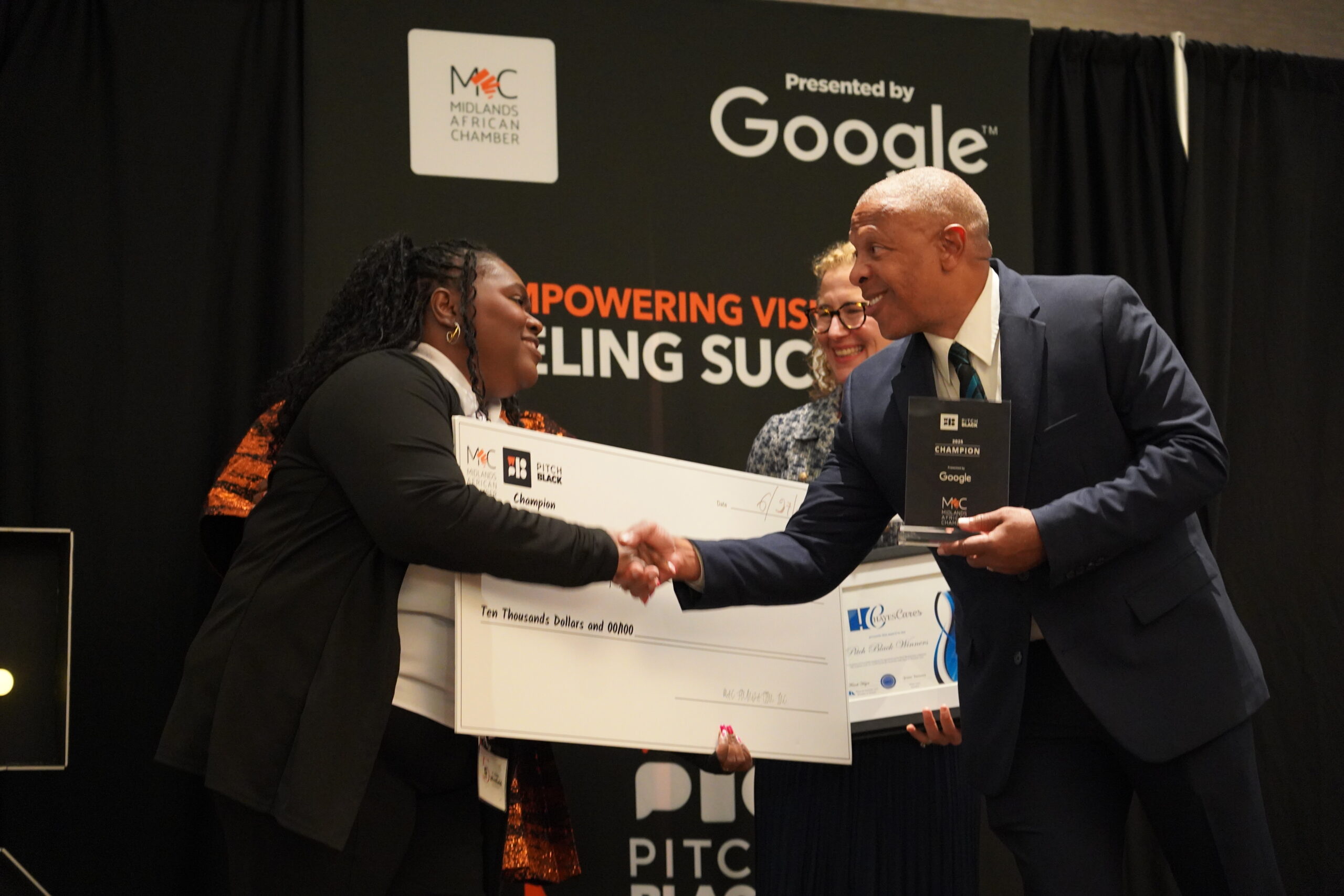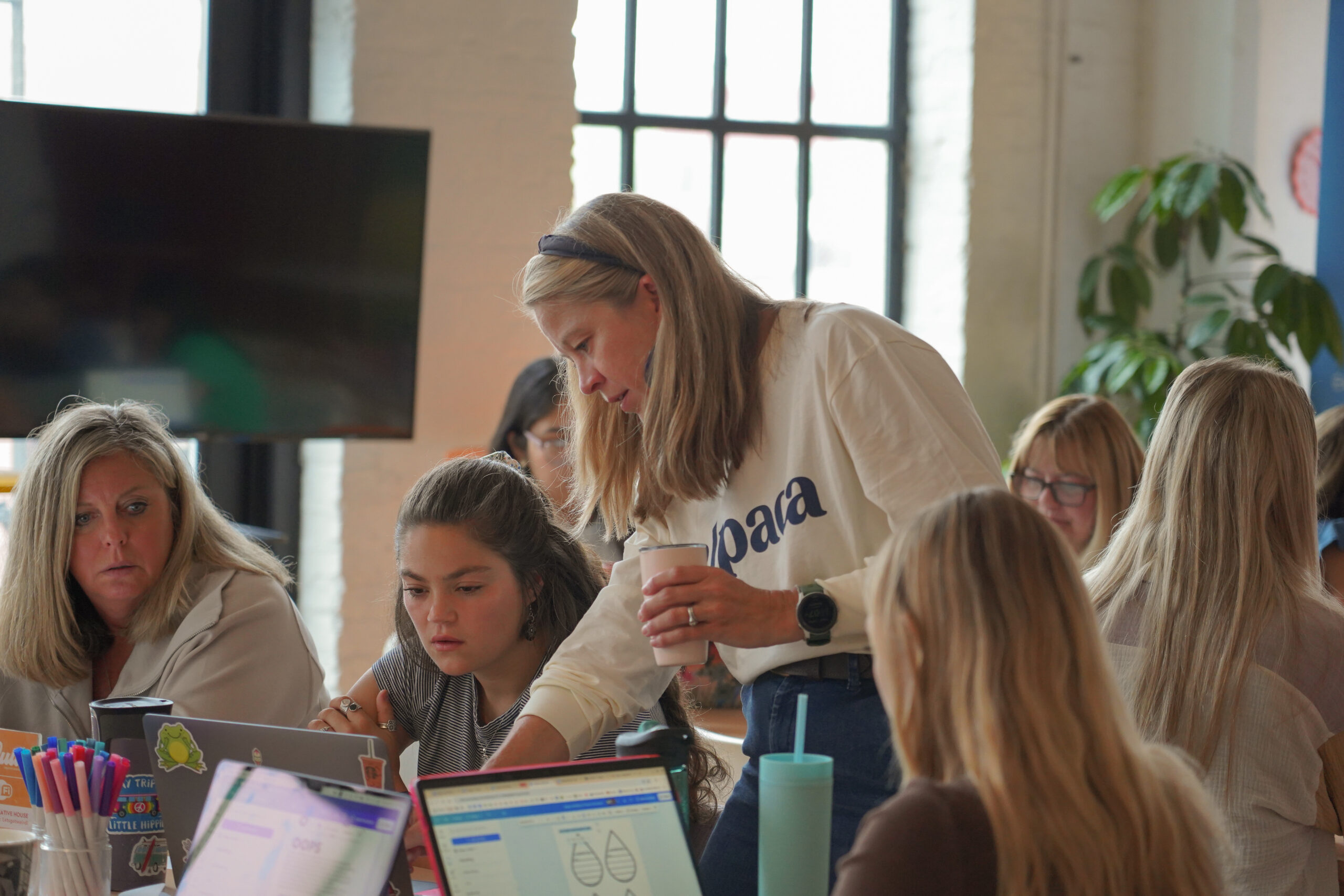 Kyle Rogers knew in 1999 that his Kansas Jayhawks would win the national basketball championship in 2003 behind the likes of future first-round picks Kirk Hinrich and Nick Collison. In passing, told his mom. Four years later, KU lost by three points in that game. He came close, and though he missed, he remembered telling his mom of his prediction years before.
Kyle Rogers knew in 1999 that his Kansas Jayhawks would win the national basketball championship in 2003 behind the likes of future first-round picks Kirk Hinrich and Nick Collison. In passing, told his mom. Four years later, KU lost by three points in that game. He came close, and though he missed, he remembered telling his mom of his prediction years before.
“Of course, she didn’t remember a one-liner from me four years ago,” Rogers told Silicon Prairie News. “But that stuck with me.”
The seed for his current Kansas City-based prediction startup, Knoda, was planted. It would take him eight years to get to a point where he could execute on the idea—coming in second at a Startup Weekend in 2011, then formally exploring the company with co-founder James Flexman about a year later.
Today, the company announced it has secured seed funding from a local investor they connected with through the SparkLabKC accelerator, which they graduated from in August. The funding will allow the team to expand from two to four members, bringing on two developers. One spot has already been filled, but Rogers (right) says Knoda will be seeking another shortly. The funding also will let the team cover operational costs and begin a marketing push for its iPhone launch in early December, with Android and desktop versions to follow. Terms of the deal and the investor’s name were not disclosed.
Knoda is an app that allows users to make, track, rank and archive predictions, while crowdsourcing the accuracy and results of users’ predictions. It’s open to any prediction possible, from the score of a baseball game to the date a friend will propose to his girlfriend—which Rogers believes sets it apart from other models.
It works by a user making a prediction—let’s say, that the Chiefs will go undefeated in the regular season and Alex Smith will win the MVP—and setting a deadline for others to weigh in on that prediction, agreeing or disagreeing, so the context of those predictions remain consistent. Once everyone has weighed in, the predictions lock until a second time set by the user arrives—in this case, the day the MVP is announced—though the community remains open to comments and trash talking. Then everyone gets pinged to determine whether the user was right or wrong. The results play into that user’s rank as a predictor overall—how much people disagree with you boosts the score—and Rogers says they have several ways to keep dishonesty out of the picture.
“I honestly think it will self-regulate,” he said. “We didn’t want a system of approval processes and restraints. There’s a BS button for people to use and no one is going to want to engage with those dishonest users.”
What engagement he does see, however, is Knoda’s potential future integration with other software and programs wherever there’s a natural place for prediction. The software could work with sites that deal with prediction or would benefit from prediction, but also potential to work with programs that want a deeper connection to their audience—he used the example of American Idol asking for predictions on who the night’s winner would be, who would move on. But it’s not all fun, though that’s the primary goal. Rogers believes a lot of good can come from Knoda, which essentially will show a snapshot of what people believe, expect or see around them—customer confidence, elections, issues and more incuded.
Analysts and statisticians like Nate Silver have already proven the value of gathering public opinion on a large scale, he said, and Knoda hopes to take that to the next step, compiling a large database of information.
“Ideally, the goal is that anywhere you come across predictions, you’ll touch Knoda,” Rogers said. “And with millions of predictions coming through, we can create intelligence that has the potential to make the world a better place.”
To get to that point, he said it was very important that Knoda found an investor in KC who wanted them to be and grow here. He believes there’s a lot of momentum right now, and they’ll do anything they can to keep that going. He said their time at SparkLabKC, as well as time spent at proof-of-concept center Digital Sandbox provided the early validation needed to quickly dive into conversations with investors.
“There’s a chance to break the mold of telecom and health companies here,” Rogers said. “We want to show all the different kinds of companies that can come out of Kansas City.”
Credits: Kyle Rogers photo from LinkedIn.




